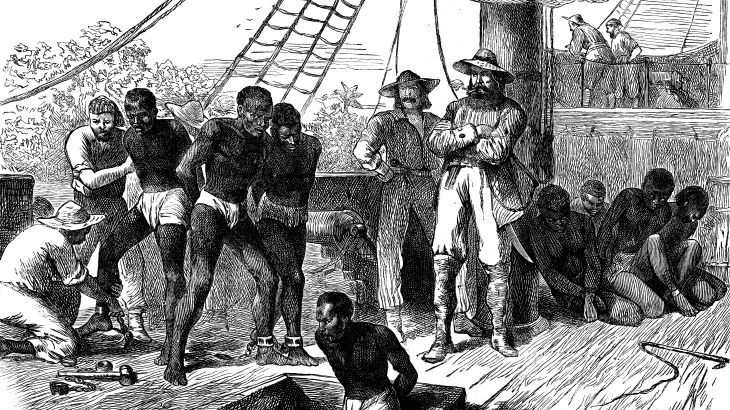
Can slavery reparations dismantle systemic racism?
On Monday, July 19 at 19:30 GMT:
The UN’s human rights chief is urging countries to issue reparations as one method of addressing racial injustices against Black people.
The recommendation was part of a wide-ranging report on modern-day legacies of slavery and colonialism for people of African descent. The study was prompted by the May 2020 killing of George Floyd in the United States.
“I am calling on all states to stop denying — and start dismantling — racism; to end impunity and build trust; to listen to the voices of people of African descent; and to confront past legacies and deliver redress,” UN High Commissioner for Human Rights Michelle Bachelet said in a video statement.
One nation seeking reparatory justice for the abuses of slavery is Jamaica. In a petition to Britain’s Queen Elizabeth II, Jamaica will seek reparations from Britain for its role in the transatlantic slave trade, where millions of enslaved African men, women and children were taken to the Caribbean and forced into unpaid plantation work in the 17th and 18th centuries.
According to Reuters, the petition is related to a motion seeking more than $10 billion – an amount equivalent to the estimated value of payments former enslavers received from the British government following the abolition of slavery.
In this episode of The Stream, we ask: To what degree could slavery reparations address the injustices faced by many Black populations?
On this episode of The Stream, we speak with:
Verene Shepherd, @VereneAShep
Director, Centre for Reparations Research at the University of the West Indies
Esther Stanford-Xosei, @Xosei
Coordinator General, Stop The Maangamizi: We Charge Genocide/Ecocide Campaign
Nkechi Taifa, @Nkechi_Taifa
Commissioner, National African American Reparations Commission